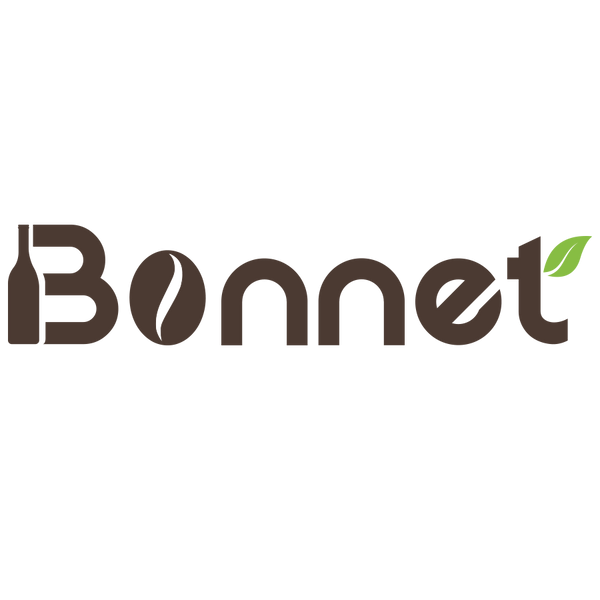1.Arabica Coffee Beans
Planting conditions:
Altitude: 900-2000 meters, prefers cool climate (15-24℃).
Main production areas: Yunnan, China, Brazil, Colombia, Ethiopia, Central America.
Flavor characteristics:
Representative beans: Yunnan Pu'er coffee beans (nut chocolate), Ethiopia Yirgacheffe (citrus jasmine), Colombian Huilan (nut chocolate)
Market share: 60-70% of global coffee production (International Coffee Organization data).
2.Robusta Coffee Beans
Planting conditions:
Altitude: 0-800 meters, resistant to high temperature (24-30℃) and pests and diseases.
Main production areas: Vietnam, Indonesia, India, West Africa.
Flavor characteristics:
Strong bitterness, wood/smoky/dark chocolate flavor, low acidity.
Representative beans: Vietnam Trung Nguyen (rich caramel aroma), Indian monsoon Malabar (wet earthy feeling).
Market share: 25-30% of global coffee production, mainly used for instant coffee and Italian blends.
3.Liberica Coffee Beans
Planting conditions:
Adapted to low altitude humid and hot climate, strong disease resistance.
Main production areas: Philippines, Malaysia, West Africa (origin Liberia).
Flavor characteristics:
Unique smoky flavor, woody tone, rough taste, slightly acidic.
Representative beans: Philippine Barako (tropical fruit and spice flavor).
Market share: less than 1%, mainly regional consumption.
Comparison table of mainstream varieties (Arabica vs Robusta vs Liberica)
Which coffee beans have higher acidity?
| Dimensions | Arabica | Robusta | Liberia |
| Caffeine Content | 1.2-1.5% | 2.2-2.7% | 1.5-1.7% |
| Acidity | High (bright fruit acid) | Low (bitterness dominant) | Medium (slightly acidic) |
| Difficulty of planting | High (susceptible to frost/disease) | Low (resistant to high temperature and humidity) | Medium |
| Price | High | Low | Medium |
Niche and rare coffee bean varieties,Recommended rare coffee bean varieties
1. Geisha
Origin: Native to Ethiopia, became famous in Panama Emerald Manor.
Flavor: Jasmine/bergamot/peach aroma, delicate acidity like tea.
Rarity: Global auction price record holder (Panama's "Don Pepe" batch sold for $6,000/pound in 2022).
2. Pacamara
Origin: Artificial hybrid in El Salvador (Pacas + Elephant Bean).
Flavor: Tropical fruit/vanilla/red wine aftertaste, large grains and high sweetness.
Planting challenges: Low yield, requires careful management (accounting for only 5% of El Salvador's production).
3. Other rare varieties
SL28/SL34: Kenyan laboratory selected varieties, black currant/tomato acidity is prominent.
Bourbon Point (Laurina): Natural decaffeinated coffee (caffeine 0.4%), citrus and sugar cane sweetness.
Java: An Indonesian rust-resistant variety with almond and spice flavors.
How to choose coffee beans according to your needs?
Espresso: Robusta + Arabica blend (to enhance Crema and body).
Pour over/cold brew: Arabica from a single origin (to highlight the floral, fruity and acidic aromas).
Curiosity: Liberia or Geisha (to experience unique flavors).
FAQ
Q1: Does Arabica have lower caffeine than Robusta?
→ Yes, the caffeine content of Robusta is nearly twice that of Arabica.
Q2: Why is Arabica more expensive?
→ Because of its high planting cost (high altitude and disease prevention) and its complex flavor, it is more popular in the boutique market.
Q3: Are rare coffee beans worth buying?
→ Suitable for senior enthusiasts, but beware of hype premiums (such as some "fake Gesha" mixed beans).

